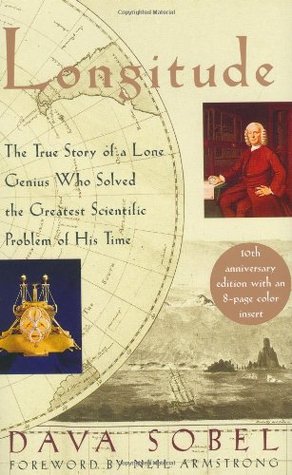Like some others (who knew so many on AH felt the same way?!), I became fascinated by mechanical watches at a young age. As I got older, and mechanical watches went from being the only kind of watch out there (I also have a Timex Marlin from about 1966 which is mechanical (though not automatic) and cost not much back then) to rarities, their cost went up to the point where they became more of a dream than a reality.
And then along the way, I worked hard and got a bit lucky, and once the kids were through school and we were a bit more comfortable . . . I found my appreciation for things made by obsessive craftsmen had only increased. And if you're looking for a watch you never have to wonder about . . . Patek is probably at the top of the heap. No regrets. And unlike much of what we all buy today, I could likely resell it tomorrow if I had to and would do OK on the deal.
Speaking of obsessive, Patek Phillipe makes a perpetual calendar watch, as do some others. Many perpetual calendars require adjustment for leap years, although the good ones don't. However, there's an added complication (pun intended) - of course, every one hundred years, the fourth year is not a leap year, so virtually all perpetual calendar watches need manual adjustment at least once every one hundred years. I am told Patek once made a perpetual calendar watch (it might have been the "Graves" watch) which did not need this adjustment, because it knew that once every century, a year which would otherwise be a leap year wasn't.
But nothing is simple, and time is no exception. That rule holds, except that every fourth century (that is, every 400 years), the hundredth year is a leap year. And on that year, that watch needs adjustment.
Obsessive? How about a (tiny) gear in a watch that makes a complete rotation every four hundred years? Not even the government can move that slowly!





